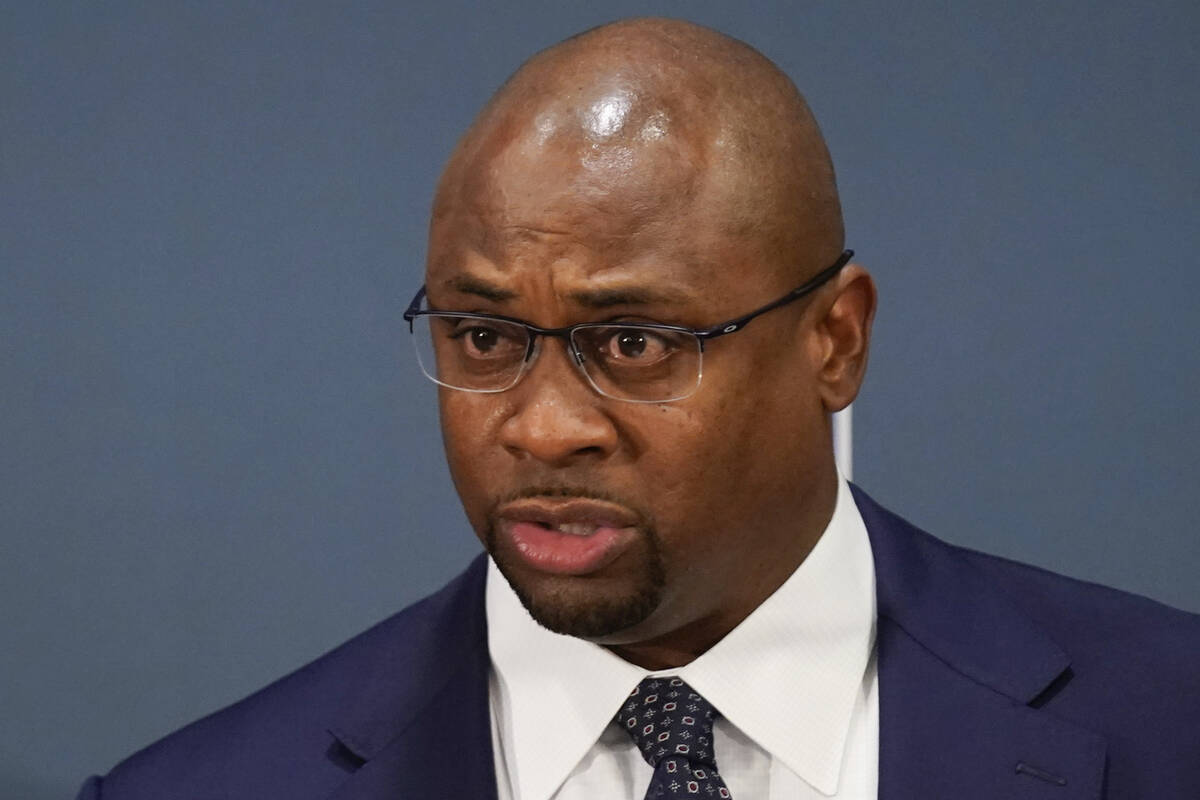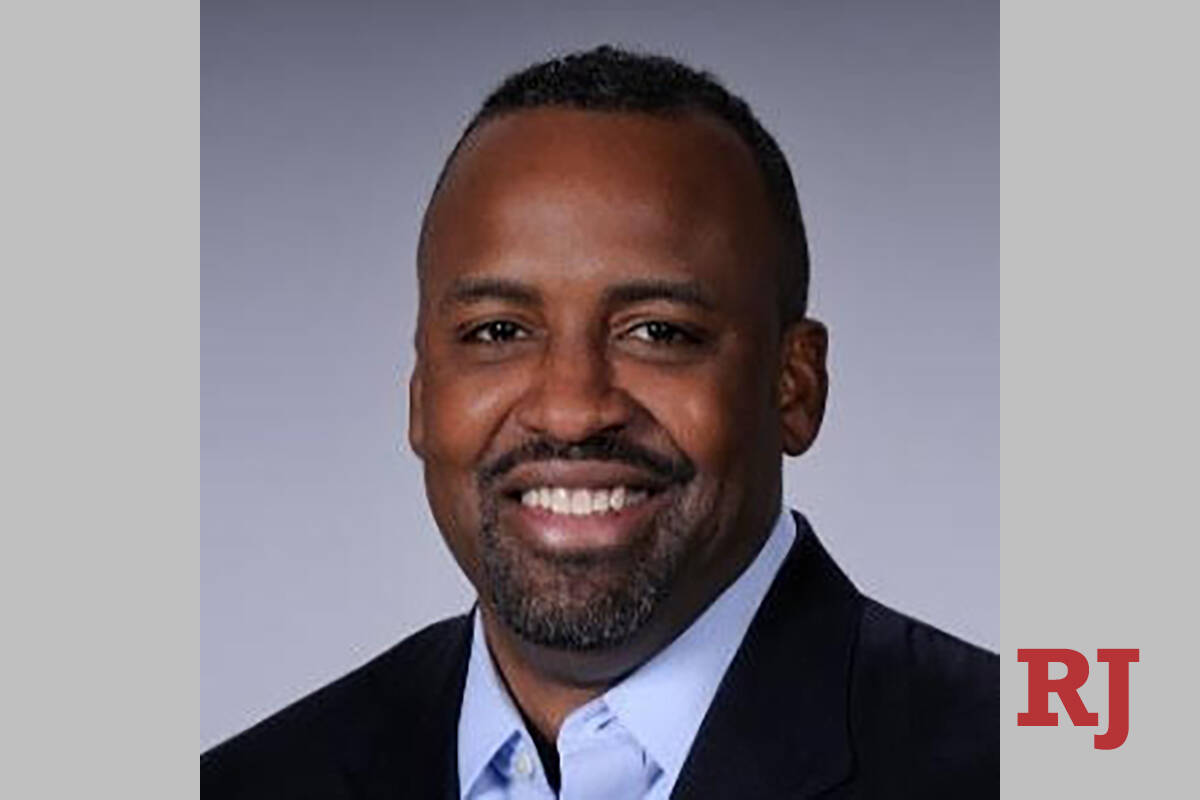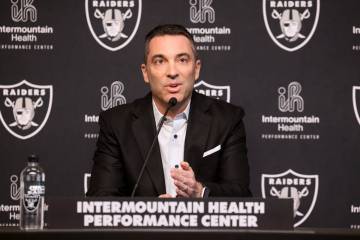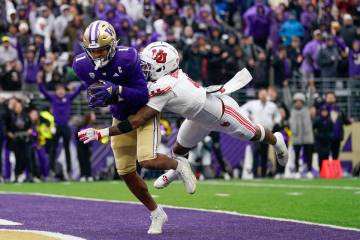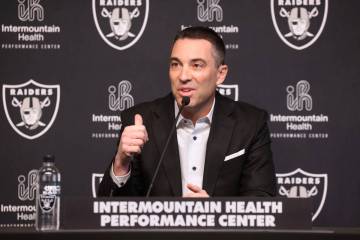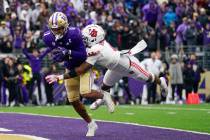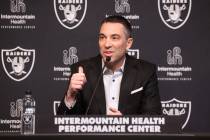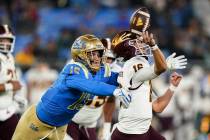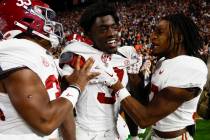NFL exec: Coaches do not want to be associated with Rooney Rule
The Rooney Rule was put in place in the NFL to increase diversity in positions of power.
In a league in which approximately 70 percent of the players are African-American, one team, the Pittsburgh Steelers, has a Black head coach, and five teams — the Cleveland Browns, Washington Football Team, Atlanta Falcons, Miami Dolphins and Detroit Lions — have a Black general manager. There are two other minority head coaches: Washington’s Ron Rivera is of Mexican/Puerto Rican descent, and Robert Saleh of the New York Jets is of Lebanese descent.
The rule requires teams to interview at least two external minority candidates for any head coach or GM opening, and at least two minority candidates for any offensive and defensive coordinator openings.
Of the 127 head coaching jobs that have opened between the rule’s inception in 2003 and the 2021 hiring cycle, 27 have gone to minority candidates. In that 2021 cycle, only one of the seven head coaching openings went to a minority. However, there were three minority general managers hired and 13 coordinators.
While there have been advances in increasing diversity, the Rooney Rule is still a necessary tool that creates frustration and anger. And as the 2022 hiring cycle gets into full swing, there is intense focus on how it plays out for minority candidates.
NFL vice president Troy Vincent and Jonathan Beane, an NFL VP and the chief diversity and inclusion officer, have been at the forefront of the league’s push to be more inclusive in its hiring practices.
They talked with the Las Vegas Review-Journal this week about where the league stands on this issue.
The questions and answers have been edited for clarity and length.
Review-Journal: The Rooney Rule was put in place in 2003. What’s been its impact?
Beane: We have all these opportunities, head coach and GM, which will lead to a bunch of coordinator openings as well. And then we look at who is being interviewed for what role — who has had that opportunity to compete for these positions — we see that a vast majority of them are candidates that have been clearly identified by a variety of different people as the best talent we have. Many of them happen to be diverse candidates.
That’s what these policies and practices have been built for. Now, of course, we’re waiting. We’re all waiting to see what the results are. And what we hope is that the results show that a lot of the best candidates for these roles happen to also be minorities.
Vincent: Jonathan was very nice, but I have a different view. In 2003, for the record, the Rooney Rule was a necessary tool. It was promoting fair and equitable hiring.
But we’ve got to look at this whole hiring practice differently. Why are we still legislating for people of color to have an interview? Listen to how that sounds. Twenty-three days into 2022, we’re still talking about legislating a policy that requires people of color to be part of the interview process.
We’ve got to look at all aspects of this. But eventually, I hope that next year during this conversation, we’re not talking about Rooney Rule requirements. We’re talking about true football inclusion. That ownership and clubs are just hiring the best people to run their club from a coaching standpoint and to run their personnel department. Whether that’s male or female, young, mature. It doesn’t matter. But just finding the right people and making sure all are included in that process.
Review-Journal: When people see or read about a person of color being interviewed for one of these positions, they tend to assume it’s to fulfill the Rooney Rule mandate rather than out of merit. Is that frustrating?
Beane: I think a lot of it goes to a complete lack of education of what this is built upon. It is built upon excellence. It’s not built upon quotas or giving someone something they don’t deserve. It’s built upon providing and ensuring people get the equity in what they deserve based on their merit.
This is not about, in no way, giving something to someone that they don’t deserve. You just look at the experience and production on the field. So it is very, very frustrating that we still have to do that.
Vincent: I haven’t slept in 12 days. I’m just being honest. For 12 days, my spirit has been flipped upside down. Seeing what I’m seeing happen. We should be creating a workplace culture that does not require mandates to interview people of color and minorities. This stuff is in our face, and when people become OK with it, we failed.
So this is when I take a step back, without flipping a table or becoming angry. We have to be able to educate. How do we educate this? The goal is to establish a level playing field on a solid ground of fairness, where opportunity is not limited by who you don’t know or what you look like. This issue is not just around Black folks being out front talking about this. No, this is our issue. Everybody plays a role. Everybody.
No one’s talking about coach (Jonathan) Gannon in Philly being a white coach. They just said “great defensive coach. Young, looks like he’s got things going on, we want to bring him in for an interview.”
If anybody goes back to look at history, the Black coaches, minorities, they don’t want to be associated with the Rooney Rule. They will tell you that every time. Man, I’m a coach. I don’t want to be on that list. I don’t want to be on it. I earned my right to be a candidate for an opening position. Not because I’m Black. I’ve earned it. You hear it from them all the time, “please don’t reference me with the Rooney Rule.”
Review-Journal: Are you fearful that if and when the Rooney Rule is phased out, clubs will no longer emphasize being all-inclusive in their hiring?
Beane: “If you look historically at policies and practices, what they’re put in place to do is normalize what should be normal. Then once that happens, it becomes a sustainable, regular, natural way of operating. I think that’s what we’re attempting to do here.
“The hope is we will get there. But it does start with us making sure, and saying this is the way it works, and these are the policies we have in place. But the idea is to normalize this. Lay out the candidates that are being selected or should be selected and then lay out their experience, their qualifications. And then that’s it.”
Review-Journal: Of the eight teams in the divisional round of the playoffs, six coordinators were Black. Does that represent progress?
Beane: This is something we also saw last year. When you look at the clubs that are really thriving in the playoffs, a lot of those clubs have coordinators who happen to be Black. We are seeing the exact same thing this year. … It is a pattern, it is a trend. It is a reality. The hope is that people will see that there is sustainable success and excellence, in the fact that Black coaches are thriving in their roles and so clearly they can thrive in any role.
Review-Journal: How do you feel about how the current hiring process is unfolding?
Vincent: Today, I’m not satisfied at all. We’re actually down 24 points going into halftime. Results are it. We’re at an interesting crossroads … when you look at all the individual clubs who are actually in this hiring cycle, many have helped either write the current policies or make adjustments or add to it. So it will be interesting.
Contact Vincent Bonsignore at vbonsignore@reviewjournal.com. Follow @VinnyBonsignore on Twitter.



